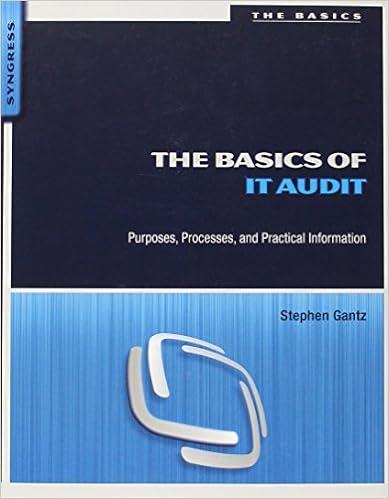The Garbage Muncher, Inc., a commercial garbage service, is considering the purchase of a newer combination truck and open-top skip system which will allow them to collect an additional 12 tons of garage per day. The new system will require an additional capital investment of $90,000 per year, based on a 240-day workday year or 8 working hours per day. As an alternative, Muncher could hire additional labourers at $15 per hour. These extra labourers, utilizing current equipment can each load one more ton of garbage every two hours. [We don't have information on prices or revenues but assume that the problem is worth solving for the company, i.e., demand for Muncher's services is great and they are planning to expand to meet this demand and that with the utilization of the new system or with the larger workforce, Muncher's price for its services will exceed its average variable cost] Muncher wishes to minimize cost, so should they purchase a new system or hire more labourers? Why (show your calculations)? Explain how you reached your conclusion in words, using as little jargon" as possible. HINT Let K = the new truck system and L = additional workers. Muncher needs to choose more Kor more L. MRT = MRTS is the optimal allocation so if they are not equal, the firm will move (or change allocations) in one direction or another (more K or more L). MRT for Muncher is the ratio of input prices and MRTS is the ratio of marginal products. In this case the choice will depend on how much it costs to get the inputs needed to collect the extra 12 tons of garbage removal per day. So comparing MRT * MRTS . versus MPK MP is just like comparing marginal products per dollar for the two systems, that is compare MPK MP, versus Px P. The Garbage Muncher, Inc., a commercial garbage service, is considering the purchase of a newer combination truck and open-top skip system which will allow them to collect an additional 12 tons of garage per day. The new system will require an additional capital investment of $90,000 per year, based on a 240-day workday year or 8 working hours per day. As an alternative, Muncher could hire additional labourers at $15 per hour. These extra labourers, utilizing current equipment can each load one more ton of garbage every two hours. [We don't have information on prices or revenues but assume that the problem is worth solving for the company, i.e., demand for Muncher's services is great and they are planning to expand to meet this demand and that with the utilization of the new system or with the larger workforce, Muncher's price for its services will exceed its average variable cost] Muncher wishes to minimize cost, so should they purchase a new system or hire more labourers? Why (show your calculations)? Explain how you reached your conclusion in words, using as little jargon" as possible. HINT Let K = the new truck system and L = additional workers. Muncher needs to choose more Kor more L. MRT = MRTS is the optimal allocation so if they are not equal, the firm will move (or change allocations) in one direction or another (more K or more L). MRT for Muncher is the ratio of input prices and MRTS is the ratio of marginal products. In this case the choice will depend on how much it costs to get the inputs needed to collect the extra 12 tons of garbage removal per day. So comparing MRT * MRTS . versus MPK MP is just like comparing marginal products per dollar for the two systems, that is compare MPK MP, versus Px P







